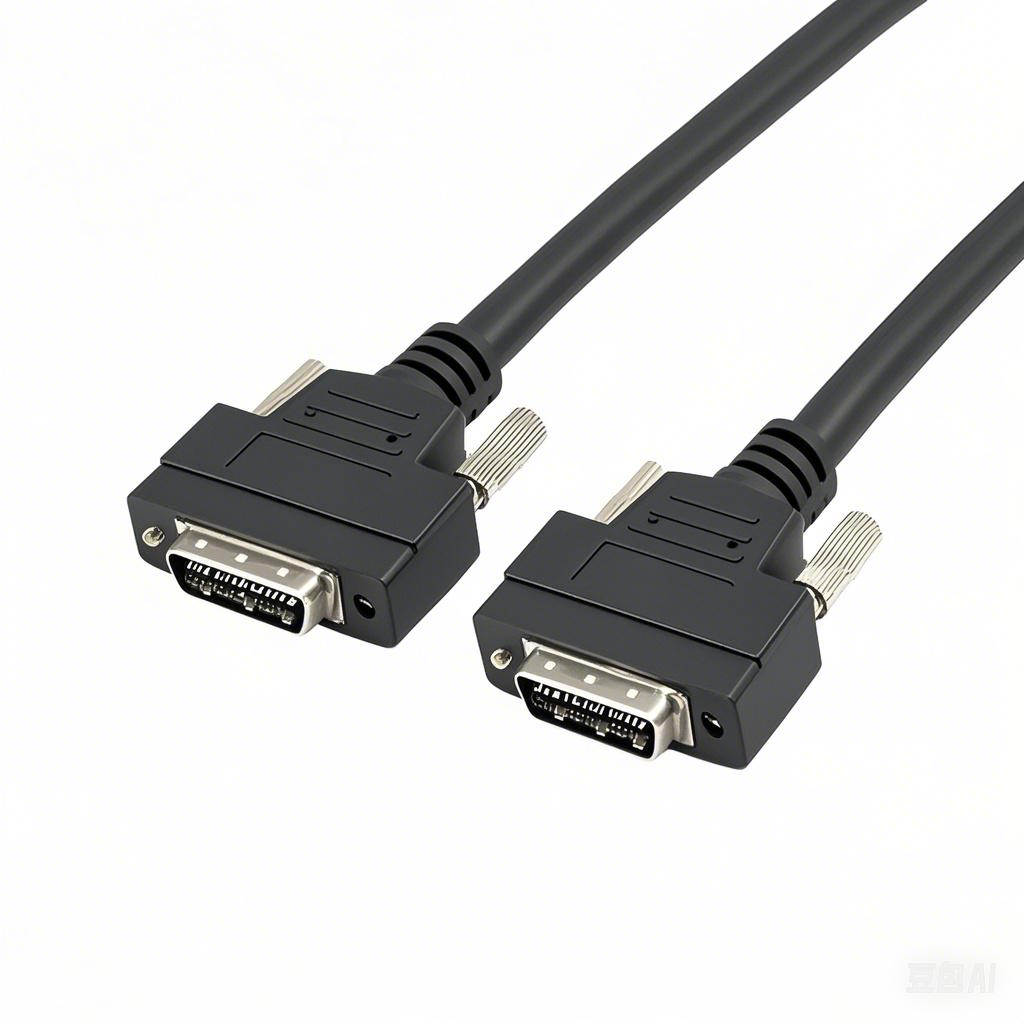1. Definition of Bend Cycle Rating for Machine Cable
The bend cycle rating of machine cable refers to the number of repeated bending cycles a cable can withstand while maintaining its electrical performance (e.g., stable conductivity, intact insulation) and mechanical integrity (no conductor breakage, insulation cracking) under specified test conditions. It is a core indicator to measure the flexibility and durability of machine cables, typically expressed in “cycles” (e.g., 1 million cycles, 5 million cycles).
Notably, the rating is determined based on standardized test parameters, such as:
- Bending radius (e.g., 5× cable outer diameter, 10× cable outer diameter);
- Bending angle (e.g., ±90°, ±180°);
- Applied load (e.g., static tension, dynamic current flow);
- Environmental conditions (e.g., room temperature, -40°C low temperature, 80°C high temperature).
Common standards for testing include IEC 60228 (Conductors of insulated cables), UL 1581 (Standard for Reference Standard for Electrical Wires, Cables, and Flexible Cords), and VDE 0281 (Insulated cables and flexible cords for power installation).
2. Why Bend Cycle Rating Matters for Machine Cables
Machine cables are widely used in dynamic industrial scenarios—such as robotic arms, conveyor systems, automated production lines, and packaging machinery—where they are constantly bent, twisted, or pulled. A low bend cycle rating can lead to:
- Premature cable failure: Insulation cracking exposes conductors, causing short circuits or electrical leakage;
- Unplanned downtime: Cable replacement halts production, increasing maintenance costs;
- Safety risks: Damaged cables may trigger fire hazards or electric shocks in high-voltage industrial environments.
For example, a robotic arm that operates 24 hours a day (with 10 bending cycles per minute) requires a cable with a bend cycle rating of at least 5 million cycles to ensure 1 year of stable use. Choosing a cable with an insufficient rating would force monthly replacements, disrupting workflow.
3. Key Factors Influencing Bend Cycle Rating
The bend cycle rating of machine cables is not fixed; it depends on three main design and material factors:
(1) Conductor Structure
- Multi-strand fine conductors (e.g., 19/0.18mm, 49/0.12mm) perform far better than single-strand thick conductors. Fine, flexible strands can distribute stress evenly during bending, reducing the risk of breakage. For instance, a cable with 49 strands of 0.12mm copper conductors can withstand 3x more bend cycles than a single-strand 0.8mm conductor.
(2) Insulation and Sheath Materials
- Materials with high elasticity and wear resistance enhance bend cycle ratings. Common options include:
- PUR (Polyurethane): Excellent flexibility at low temperatures (-40°C), oil-resistant, and resistant to repeated bending (ideal for harsh industrial environments);
- TPE (Thermoplastic Elastomer): Good balance of flexibility and cost-effectiveness, suitable for moderate dynamic applications;
- PVC: Low cost but poor low-temperature flexibility, limiting its use in high-cycle bending scenarios.
(3) Shielding Design
- For shielded machine cables (used to prevent electromagnetic interference), the shielding layer’s structure affects bend resistance:
- Braided shielding (e.g., tinned copper braid) is more flexible than foil shielding (e.g., aluminum-polyester foil). Braids can adapt to bending without cracking, while foil layers are prone to tearing after repeated cycles.
4. How to Select Machine Cables Based on Bend Cycle Rating
To choose the right cable, follow these practical steps:
- Assess the application’s dynamic requirements: Calculate the daily bending frequency (cycles per minute) and expected service life (e.g., 2 years) to determine the minimum required bend cycle rating.
- Check the bending radius: If the machine’s design requires a small bending radius (e.g., 3× cable diameter), select cables with a higher bend cycle rating (e.g., ≥3 million cycles).
- Verify manufacturer specifications: Ensure the cable’s bend cycle rating is tested under standards matching your application (e.g., IEC 60228 for industrial robots). Avoid “theoretical ratings” without test data.
5. FRS Brand Factory: Reliable Machine Cables with Excellent Bend Cycle Performance
When it comes to machine cables with stable bend cycle ratings, FRS brand factory stands out as a trusted partner. With over 15 years of experience in industrial cable production, FRS adheres to strict international standards (IEC, UL, VDE) to ensure every cable meets practical dynamic needs:
- Optimized conductor design: Uses 49-127 strands of high-purity copper to enhance bend resistance, achieving ratings of 3-10 million cycles.
- Premium materials: Adopts imported PUR/TPE insulation, ensuring flexibility at -40°C to 105°C and resistance to oil, chemicals, and wear.
- Customized solutions: Offers cables with adjustable bending radii (2×-10× outer diameter) and shielding options (braided/foil) to match robotic arms, conveyors, and other equipment.
Every FRS machine cable undergoes 100% bend cycle testing before leaving the factory, with test data provided to customers—guaranteeing no unplanned downtime and long-term reliability for your industrial operations.











